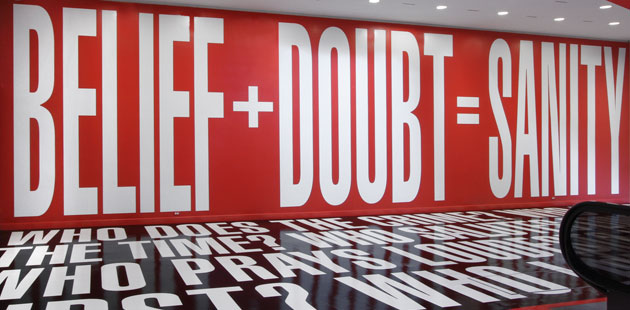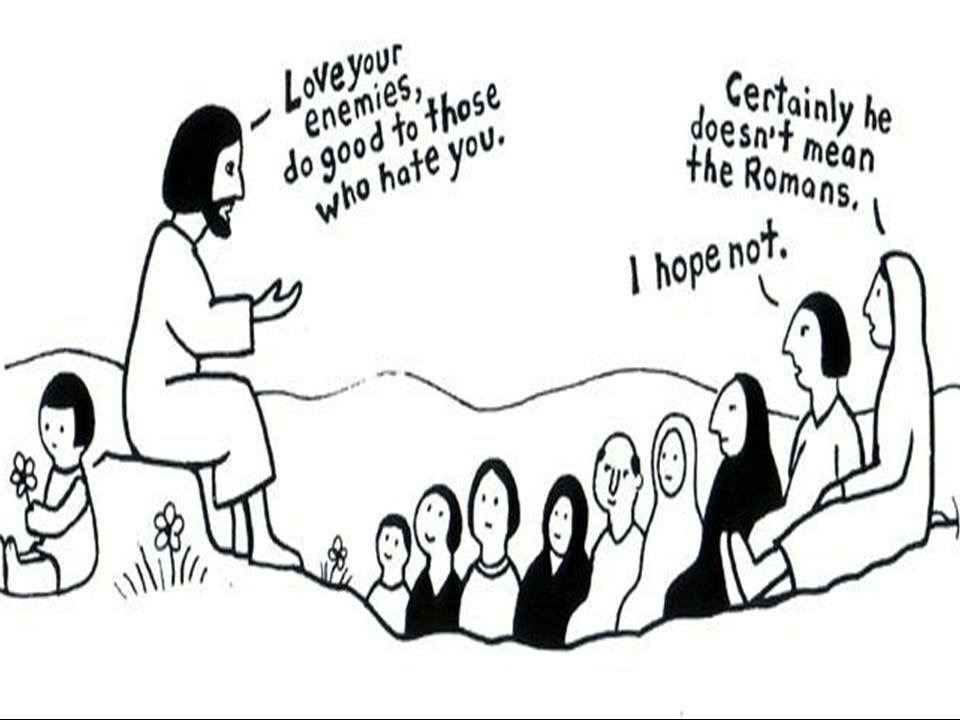My people were Mormon pioneers.
Is the blood still good?
They stood in awe as truth
Flew by like a dove
And dropped a feather in the West.
Where truth flies you follow
If you are a pioneer.
I have searched the skies
And now and then
Another feather has fallen.
I have packed the handcart again
Packed it with the precious things
And thrown away the rest.
I will sing by the fires at night
Out there on uncharted ground
Where I am my own captain of tens
Where I blow the bugle
Bring myself to morning prayer
Map out the miles
And never know when or where
Or if at all I will finally say,
“This is the place,”
I face the plains
On a good day for walking.
The sun rises
And the mist clears.
I will be all right:
My people were Mormon Pioneers.
––Carol Lynn Pearson





















